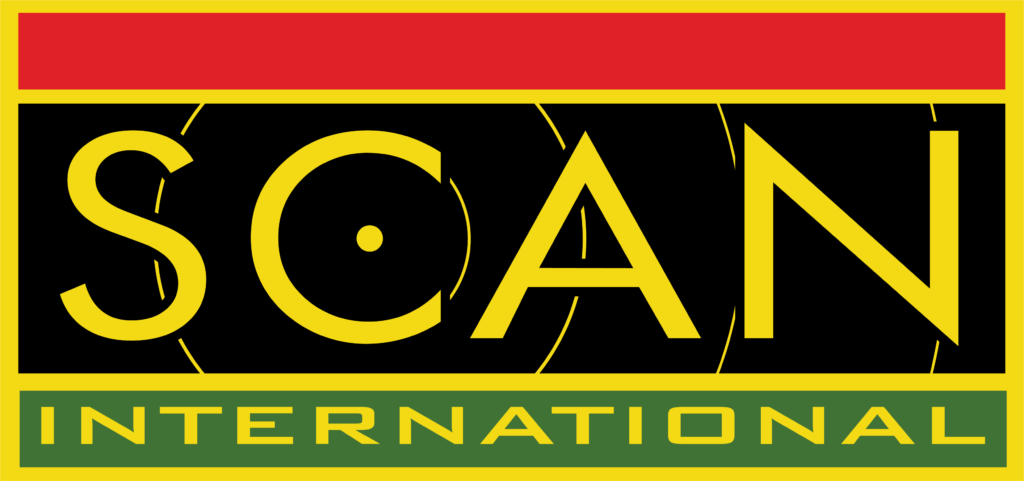
As an Amateur Radio Group
SCAN International is an organization where radio enthusiasts convene with a common purpose and hobby – ham radio.
Ham radio, often referred to as amateur radio, covers some fields of science and technology, specifically electrical, electronics, and communications. Hence, members of the group indulge in a wide variety of innovations related to communications. The interests explored are two-way radio operations (most popular), emergency communications, antenna designs, and technical experimentations.
Ham radio activities also include cultural immersion by exchanging ideas and promoting universal friendship.
SCAN International upholds amateur radio communication in HF, VHF, UHF Radio, Bulletin Board System (BBS), and other communication media. The group has become more active from the original analog radio technology to the proliferation of ham radio QSO using digital mobile radio and smartphone applications.
SCAN International also supports the Boy Scouts and Girl Scouts in their activities like Jamboree-on-the-air (JOTA) and Jamboree-on-the-internet (JOTI). JOTA-JOTI is the annual world's largest digital scout event online and on the air, and it is a friendship activity of more than a couple of million scouts worldwide.
Some SCAN International members delve into more advanced endeavors like communication network infrastructure design and implementation, measurements and engineering, scientific development of wireless communications, and developing hardware that enhances radio signals and clearer audio transmission.
Government Compliance
SCAN International is accredited by the National Telecommunications Commission (NTC), affiliated with the Philippine Amateur Radio Association (PARA), and certified as a civic action group of the Department of Transportation and Communications (DOTC).
The organization has registered to the Federal Communications Commission (FCC) in the United States of America under SCAN International (K6INC, KH2INC, VA7INC) and other government communication commissions in several countries.
On Continuing Legacy

In passing on this legacy, we can encourage more responsible citizens who are also willing to help and assist during times of calamities and emergencies; thus, realizing our motto, "saving lives, is our priority." Let us not forget that despite the advances in communications that make us attuned to the changing times, we need to continue to be even more effective ham radio operators today and in the future.
Ham radio operators during emergencies and calamities will remain significant. In emergencies like strong typhoons and the like, ham radio will remain the most reliable tool for communication because it is not dependent on the infrastructure of telecommunication companies. Some of these calamities where ham radio became useful are hurricane Katrina in the USA, typhoon Ondoy in the Philippines, and earthquakes in Tahiti and Chile. The remaining, enduring means of communication used by both government agencies and amateur radio enthusiasts in the affected areas during those times is the two-way radio.
In outer space, the crews of the International Space Station are using amateur radio to talk to their loved ones, radio enthusiasts, and students all over the world.
Hence, along with the advancements in communications and proliferation of smartphones, keeping interests among youth on ham radio as a passion shall be our enduring involvement in the betterment of society.
Socio-Civic Function

Through its volunteer members, SCAN International supports community projects in service to humanity.
The group regularly conducts massive tree-planting projects in different parts of the world supervised by its national, regional, and district chapters. It also provides motorist assistance to both public and private commuters.
In the Philippines, the Department of Public Works and Highways promotes a motorist assistance project dubbed "Lakbay Alalay." It is an annual public service program nationwide to provide immediate assistance to motorists, such as rescuing troubled vehicles, giving directions to visitors, and communication aid in emergencies, especially during holiday seasons. SCAN International regularly participates in this nationwide event.
Another significant contribution of SCAN International to civic society is its participation in maintaining the health of tropical rainforests and mountains. We have to preserve our natural environments and resources because these provide a significant role in our survival. Time and again, the group conducts tree planting activities and clean-up drives in different parts of the world, especially in the Philippines.
Moreover, SCAN International provides communications assistance and disseminates information in support of society by conducting rescue operations to help affected people from catastrophic incidents. Its members are visible in assisting people to save their lives and properties from a volcanic eruption, killer quakes, fire, and floods in different areas worldwide.
